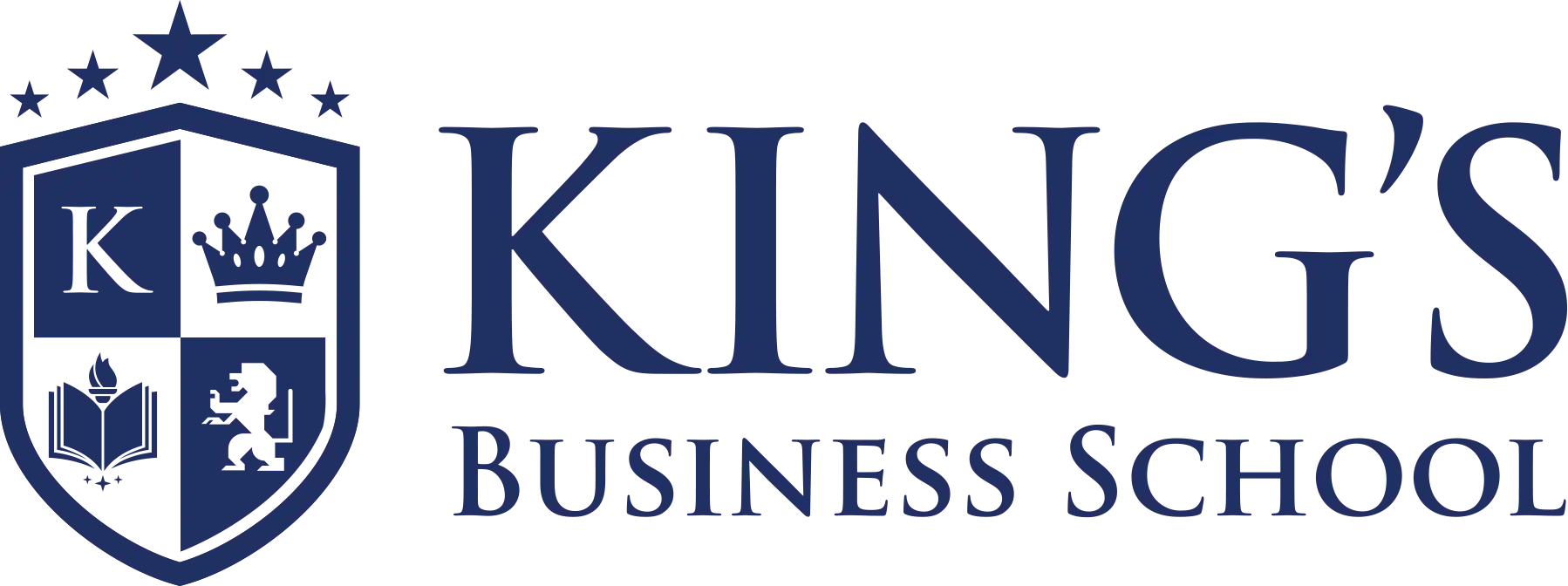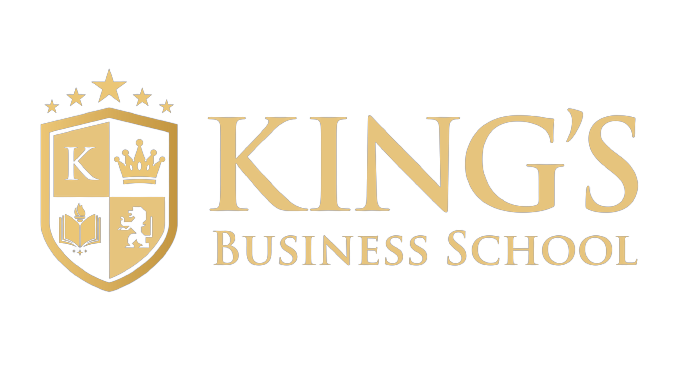In the intricate web of commerce, the unseen hero ensuring the smooth flow of goods and information is supply chain management (SCM). It’s the lifeline supporting every business, from inception to delivery, weaving together various facets to create a seamless journey.
Exploring the Role of Supply Chain Management
Understanding SCM’s Objectives
1. Maximizing Benefits to Customers and Sales
At its core, SCM aims to coordinate operations, balancing physical activities and information flow. This orchestration seeks to maximize customer satisfaction, fostering loyalty while ensuring profitability.
2. Efficient Transactions Driving Production
In the dance of commerce, business-to-business transactions take center stage. These collaborations fuel the supply chain, where companies acquire raw materials, manufacture goods, and finally, distribute products to end-users.
3. Embracing Sustainability: Redefining the Supply Chain
Traditionally seen as simply logistics, the supply chain is now a beacon of sustainability. It’s not just about moving goods but understanding the impact of every material used, from sourcing to disposal.
4. Inflation and Shortages: Adopting Conservation Strategies
Facing ongoing challenges like inflation and supply shortages, supply chain managers must pivot. Strategies involving the circular economy, waste utilization, and natural capital preservation are imperative.
Exploring the Roles of Supply Chain Management
1. Empowering Fairness and Ethical Treatment
Supply chains must uphold social responsibility, ensuring fair treatment of all involved. From workers’ rights to environmental impact, ethical standards form the cornerstone of SCM.
2. Mindful Interactions with the Environment
Organizations bear a responsibility to reduce their environmental footprint. Adhering to relevant environmental laws and obligations, understanding their impact, and taking action to minimize it are vital.
3. Navigating Sustainability through Financial Responsibility
Financial stability within a supply chain is crucial. Meeting financial obligations, from employee compensation to taxation, helps sustain operations and fosters trust within the business ecosystem.
People and Supplier Selection
Selecting suppliers isn’t merely a transaction; it’s about aligning values and capabilities. Certifications like Sedex, Fairtrade, ISO 9000, and Anti-bribery signify a commitment to quality and ethical practices.
Embracing SDGs
The Sustainable Development Goals (SDGs) provide a blueprint for global progress, emphasizing a collective responsibility to end poverty, protect the planet, and ensure prosperity for all.
Unified Information for Informed Decisions
Integrating supply chain information ensures accuracy, reducing errors, shortages, and overstocking. A cohesive, reliable data source is pivotal for seamless operations.
Core Processes
Streamlining Operations
Clearly defined processes streamline supply chain strategies. Technology must align with these processes, aiding decision-making and enhancing operational efficiency.
Security
Mitigating Risks for Uninterrupted Flow
Supply chain security addresses external risks to data, product integrity, and logistics. Blockchain and cybersecurity emerge as essential tools in safeguarding critical operations.
The Culmination of Planning and Resources
Execution in supply chain management involves driving the flow of goods from procurement to final delivery. Technology offers advanced solutions for efficient execution.
Supply chain management isn’t just a backstage operation; it’s the backbone of any successful business. From ethical considerations to technological advancements, its role in modern commerce is irreplaceable. Adapting to global challenges, embracing sustainability, and integrating innovative solutions—SCM remains pivotal in driving businesses towards success, a principle King’s Business School’s MBA program on Supply Chain Management wholeheartedly embraces.
To know more about the program, contact us or enquire here.





